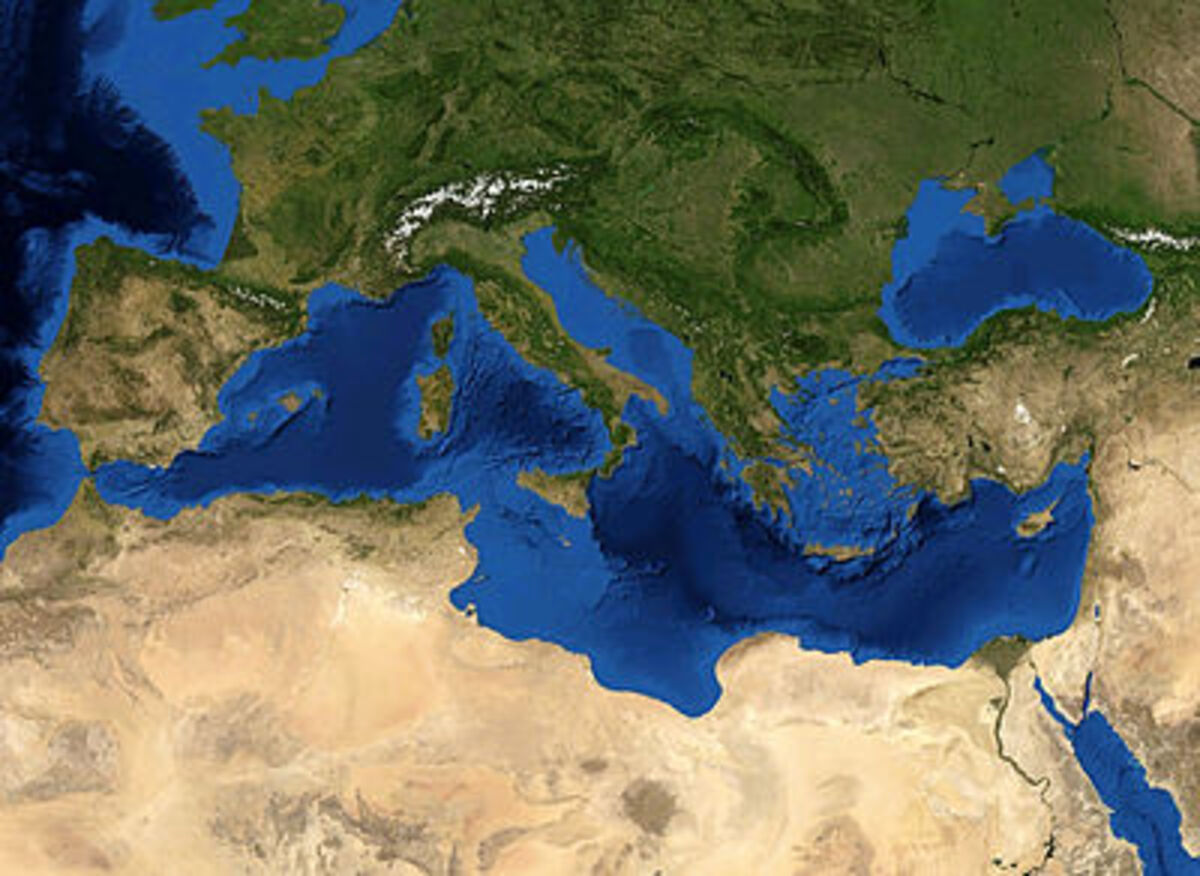According to the most recent Copernicus Climate Change Service Data, Europe just had the warmest October on record, with temperatures nearly two degrees above the 1991-2020 average. This is due to the highest greenhouse gas concentration levels.
These October figures are part of a much larger trend. Europe is warming at a much faster rate than the rest of the world.
Warmest October ever
The World Meteorological Organization’s Secretary-General Petteri Taalas says that when compared to the rest of the world, Europe has experienced more than double the warming. And this is due to Arctic warming, which has a significant impact on northern Europe. The Mediterranean region is the second fastest-warming region on the planet.
All of the dark red areas on this map, which span France, Switzerland, Austria, parts of Germany, Italy, and Spain, experienced unusually warm weather in October.
Melting snow and ice in the Arctic is due greenhouse gas
Melting snow and ice in the Arctic is contributing to this warming. And because the Mediterranean region is becoming drier and drier, there isn’t enough evaporation to dampen the usual warming, says Petteri Taalas.
If it weren’t for the oceans, the warming we’re seeing on land would be much faster. They are estimated to absorb up to 90% of the excess heat in the atmosphere trapped by greenhouse gases. And they are in pain. Over the last few years, the Mediterranean has experienced numerous heat waves.
Jean-Pierre Gattuso, CNRS Research Director at the Laboratoire D’océanographie De Villefranche-Sur-Mer, explains the implications. Massive mortality of invertebrates and plants, mollusks, sponges, and corals are the primary effect of marine heat waves. Many invertebrates and plants are negatively affected and die between the surface and 50 meters in depth.
Greenhouse gas threatening marine life
Heatwaves caused by greenhouse gas are threatening marine life in the Mediterranean. But do the decisions made at COP27 make a difference, and will they really affect things like acidification and heat waves? Jean-Pierre Gattuso says that obviously, the negotiations taking place at COP 27 are extremely important.
The IPCC (Intergovernmental Panel on Climate Change) scenarios show that if the Paris agreement is implemented quickly and fully, we can stabilize temperatures and ocean acidification. This does not imply that we will return to the previous situation. It means we can halt both global warming and acidification.

